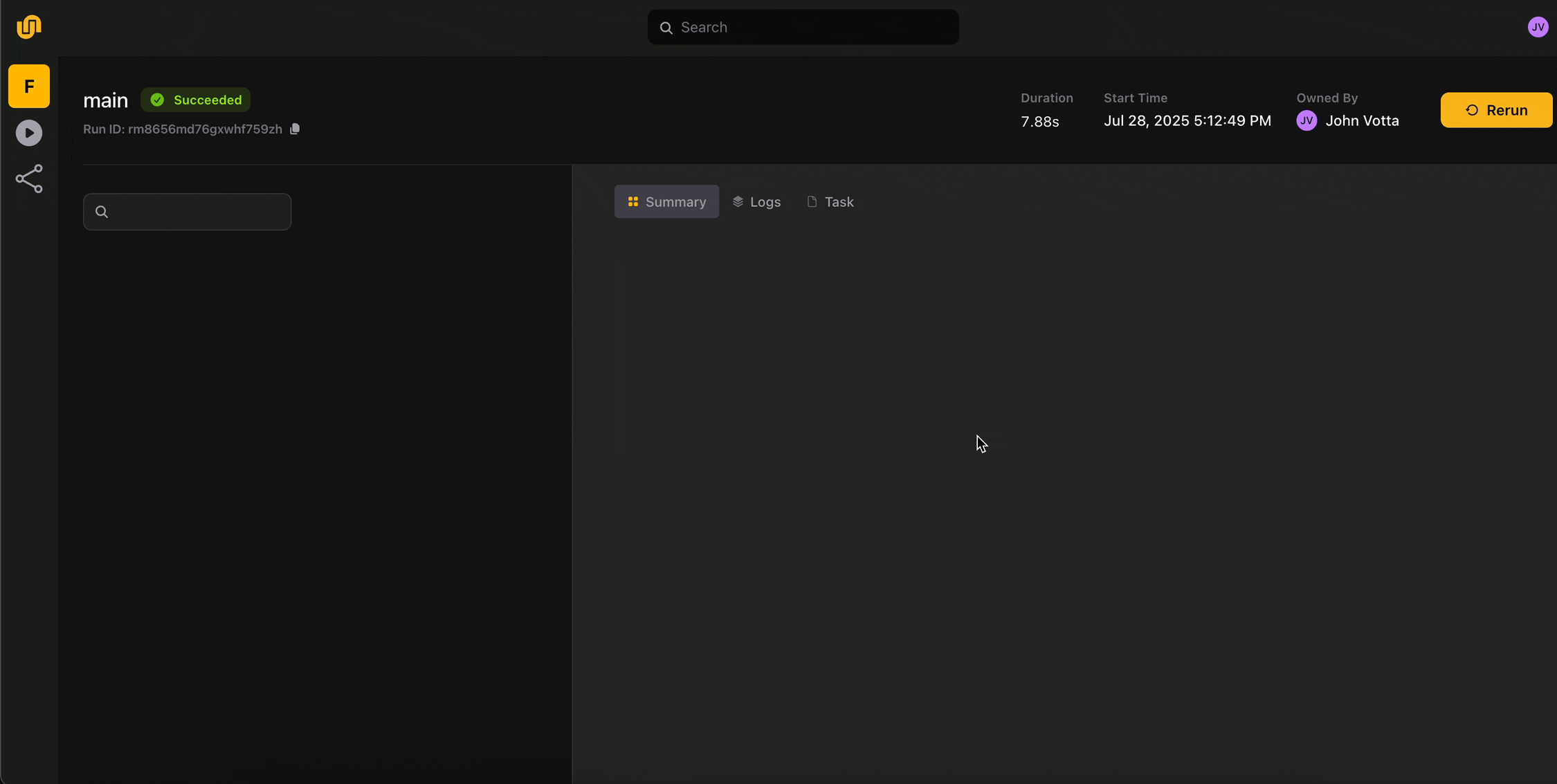
St. Paul, MN was hacked so badly that the National Guard has been deployed
Hacking attacks—many using ransomware—now hit US cities every few days. They are expensive to mitigate and extremely disruptive. Abilene, Texas, for instance, had 477 GB of data stolen this spring. The city refused to pay the requested ransom and instead decided to replace every server, desktop, laptop, desk telephone, and storage device. This has required a "temporary return to pen-and-paper systems" while the entire city network is rebuilt, but at least Abilene was insured against such an attack.
Sometimes, though, the hacks hit harder than usual. That was the case in St. Paul, Minnesota, which suffered a significant cyberattack last Friday that it has been unable to mitigate. Things have gotten so bad that the city has declared a state of emergency, while the governor activated the National Guard to assist.
According to remarks by St. Paul Mayor Melvin Carter, the attack was first noticed early in the morning of Friday, July 25. It was, Carter said, "a deliberate, coordinated digital attack, carried out by a sophisticated external actor—intentionally and criminally targeting our city’s information infrastructure."











